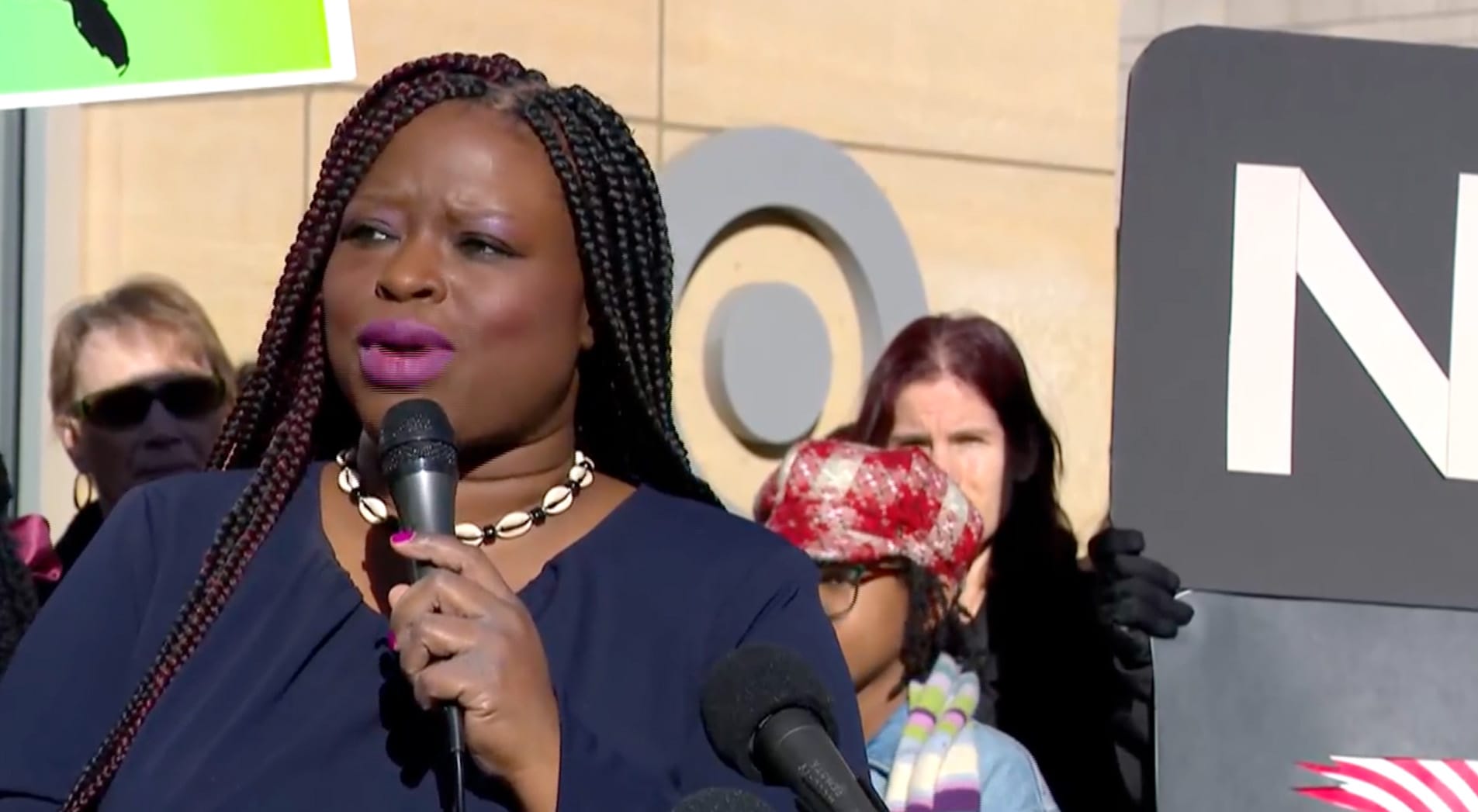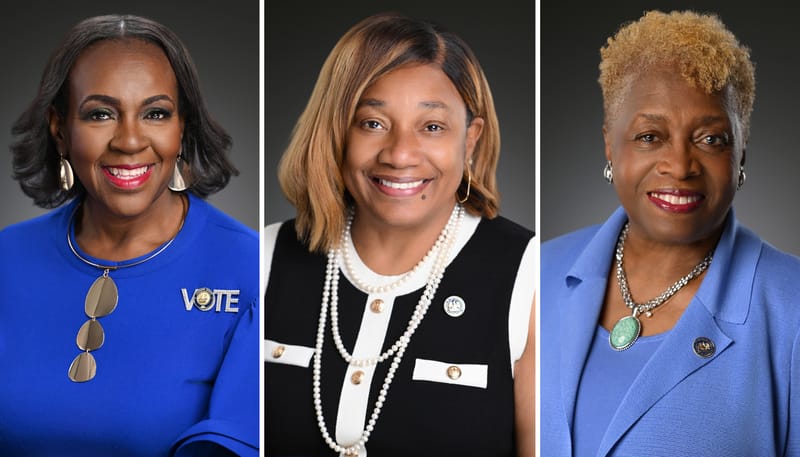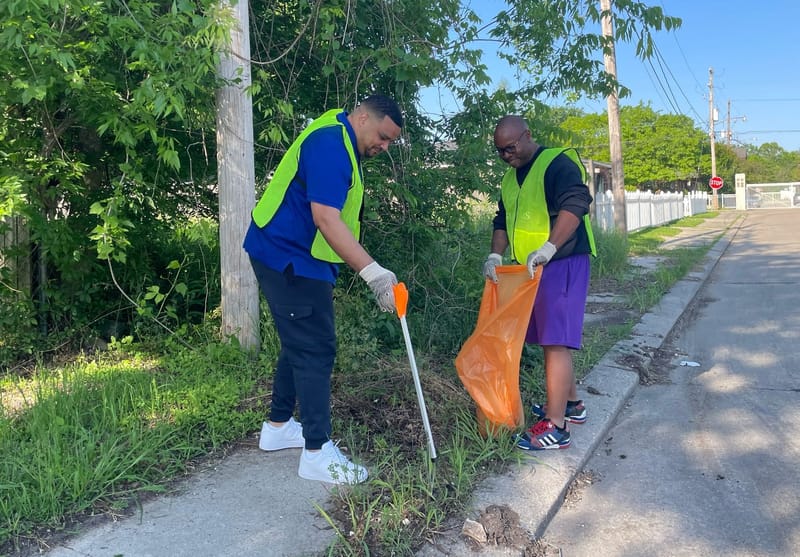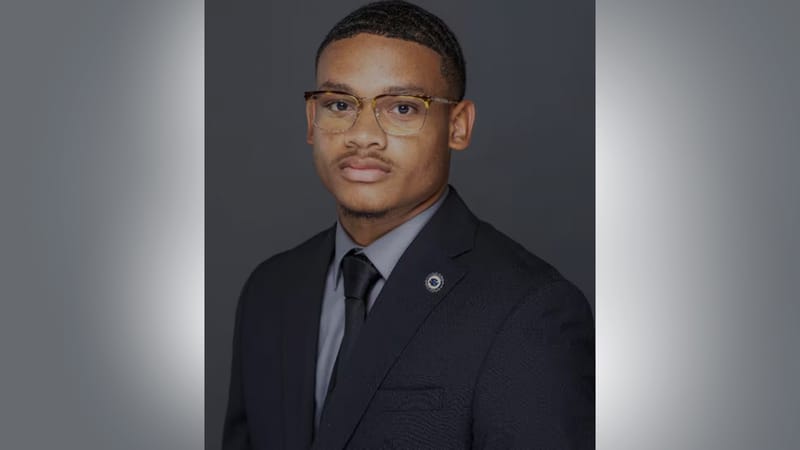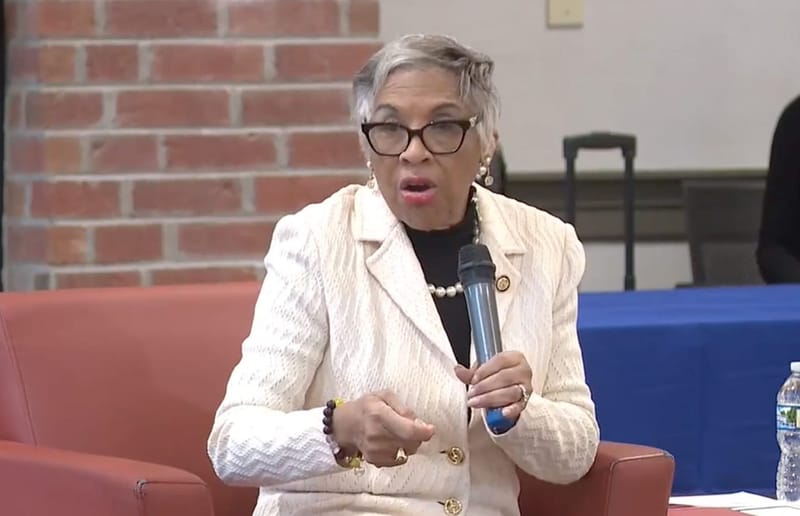Civil Rights Activists Demand Target Boycott Over DEI Rollback
Black-owned businesses selling products at Target have voiced concerns about the boycott’s unintended consequences. Entrepreneurs behind haircare brands The Doux and Camille Rose and cosmetics brand Lip Bar fear lost sales.
MINNEAPOLIS – Civil rights leaders are calling for a nationwide boycott of Target after the retailer announced plans to phase out its diversity, equity, and inclusion (DEI) initiatives. Protesters rallied outside Target’s Minneapolis headquarters Thursday, urging consumers to take a stand.
Target’s decision, announced last week, follows similar moves by competitors like Walmart, citing pressure from conservative groups and policy shifts under President Donald Trump’s administration. The rollback has ignited outrage among activists who once commended Target’s commitment to racial equity.
Activists Condemn Target’s Reversal
Nekima Levy Armstrong, civil rights attorney and founder of the Racial Justice Network denounced Target for walking back its DEI initiatives, especially after increasing those efforts following the 2020 police killing of George Floyd.
“We expected Target to uphold its commitment to diversity and justice,” Levy Armstrong said. “Instead, they have caved under pressure. We refuse to back down.”
Jaylani Hussein, executive director of the Minnesota chapter of the Council on American-Islamic Relations, stressed that Target, headquartered in the city where Floyd’s death sparked a global reckoning, must be held accountable.
“If you stood for justice after George Floyd’s murder, now is the time to act—boycott Target,” Hussein urged.
Momentum Builds for Boycott
Organizers, including Black Lives Matter Minnesota, are calling for the boycott to begin on Saturday, the first day of Black History Month. Protesters dramatically cut their Target charge cards and encouraged shoppers to support Costco, which recently reaffirmed its commitment to DEI.
Despite the serious message, the rally had an energetic tone, with a New Orleans-style brass band playing protest anthems like Bob Marley’s “Get Up, Stand Up.” A prayer circle preceded the speeches.
Target’s Response
Target has yet to publicly address the boycott, but in a company memo, Kiera Fernandez, chief community impact and equity officer, framed the rollback as part of a broader corporate strategy.
“As a retailer serving millions daily, we must adapt to an evolving business landscape,” Fernandez wrote.
Levy Armstrong criticized Target’s silence, calling the company’s prior DEI commitments performative. She demanded an immediate reversal.
“Target understands what its DEI stance means to this community,” she said. “We’re holding them accountable, and other corporations should take notice.”
Black-Owned Businesses Caught in the Crossfire
Speakers also called on civil rights groups, including the NAACP and the Urban League, to join the opposition. Activists plan to partner with national organizations to strengthen the movement.
Meanwhile, Black-owned businesses selling products at Target have voiced concerns about the boycott’s unintended consequences. Entrepreneurs behind haircare brands The Doux and Camille Rose and cosmetics brand Lip Bar fear lost sales.
Minneapolis organizers encouraged consumers to bypass Target while continuing to support Black-owned brands.
“Order directly from these Black businesses,” Levy Armstrong said. “Target will not profit from our dollars.”


